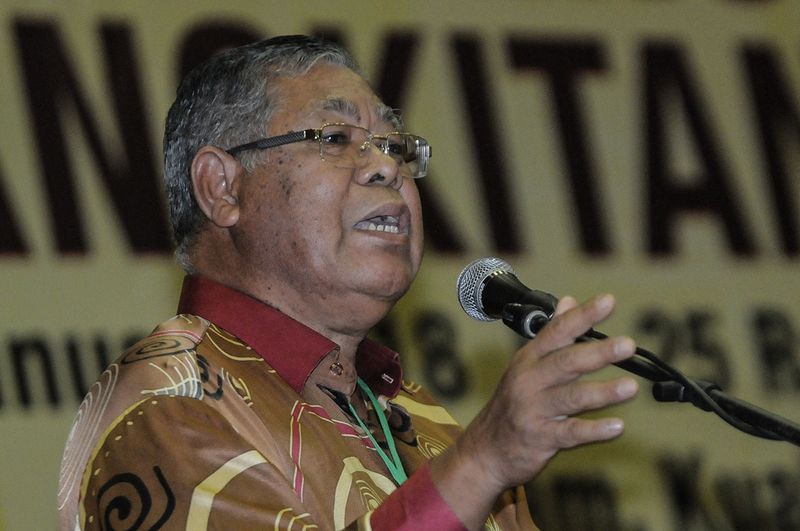KUALA LUMPUR, Jan 14 — The National Union of the Teaching Profession (NUTP) and Parents Action Group for Education (PAGE) both rejected a former teacher’s demand that only Bumiputra student receive federal scholarships.
NUTP president Kamarozaman Abd Razak said the call made by a former teacher at the Rise of the Ummah Convention yesterday would hurt communal ties in multiracial Malaysia.
He said that while Bumiputra quotas are mentioned inside Article 153 of the Federal Constitution, it should not mean that all scholarships must go to the community.
“We cannot have views which are one-sided. That is not Malaysian,” he told Malay Mail when contacted.
“The policies for the Bumiputras are definitely there, but policies for other races must also be given justly, just not fairly. Meaning, there cannot be a 50-50 basis,” he added.
He said that since Bumiputra quotas for scholarships, among others, was specifically stated in the country’s supreme law, these should be observed.
PAGE chairman Datin Noor Azimah Abdul Rahim was more critical of the demand, saying all students must compete for study aid on their own abilities and achievements.
Preferential treatment would ultimately hurt their recipients by making them less competitive, according to Azimah when insisting scholarships should be based on individual merit.
She also rejected the claims by Datuk Raof Husin, who demanded the restriction, that Malays were losing out to their minority counterparts in the race for professional jobs as a result of not getting all the federal scholarships.
Raof presented what he described as “official” data at the convention to claim that only a “very small” number of Bumiputra were in critical professions such as accountancy and architecture.
“The reason the Malays are not accountants is because professional exams are done in English. I have done them, it’s very difficult and the papers are all in English because it’s usually UK-based,” she retorted.
Azimah pointed out that accounting in national schools was taught in Bahasa Malaysia, but in English at tertiary levels, which she said made it more challenging for Bumiputra students to transition.
PAGE is an advocate for the use of English in Malaysian education.
Raof claimed that restricting scholarships to Bumiputras was needed to uphold Malay supremacy in the country, and was the will of six late Malay Rulers who negotiated the country’s independence from British colonialists.
The representative of the Malaysian Association of Former Education Officers claimed the federal government was duty-bound to only give study aid to Bumiputra students and argued that meritocracy would hamper the community’s advancement.
Educationalists and students activists have become more vocal in demanding equal access to public education recently as support for needs-based federal aid grew among Malaysians, including from the Bumiputra community.
The demand also became a campaign issue for Opposition leaders in the past two elections; then-Opposition leader Datuk Seri Anwar Ibrahim previously said his party would consider dismantling race-based assistance should the opposition pact take over federal power.



















